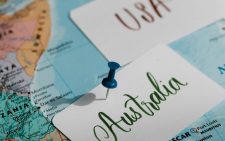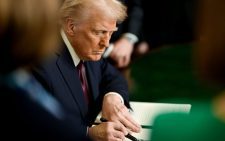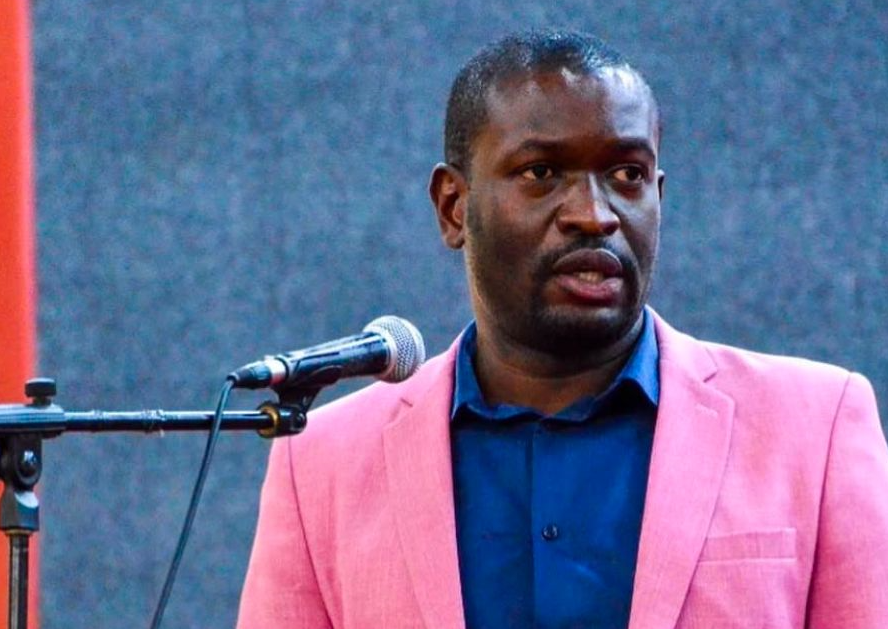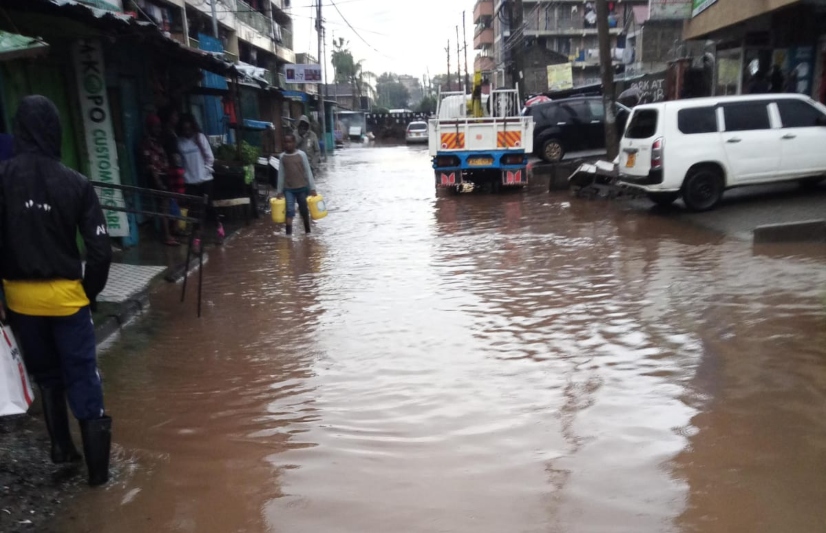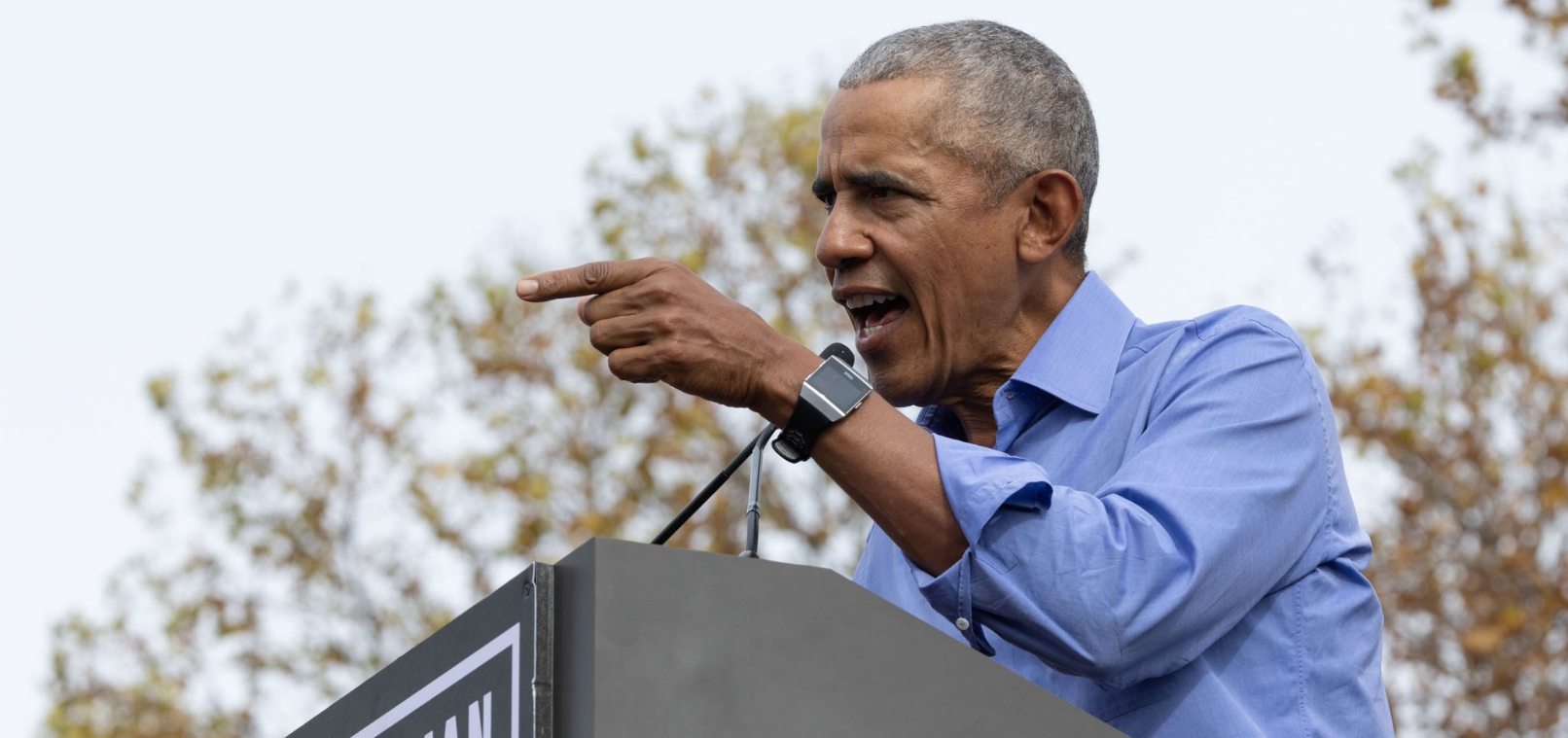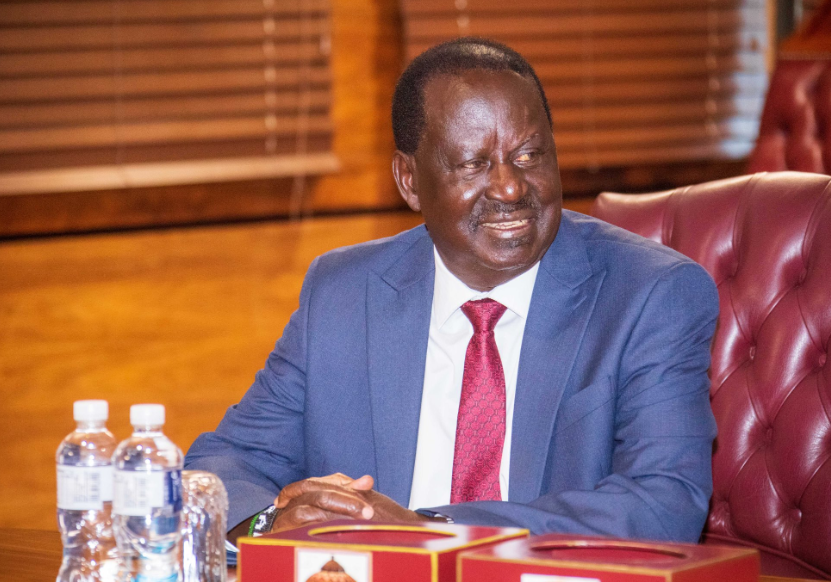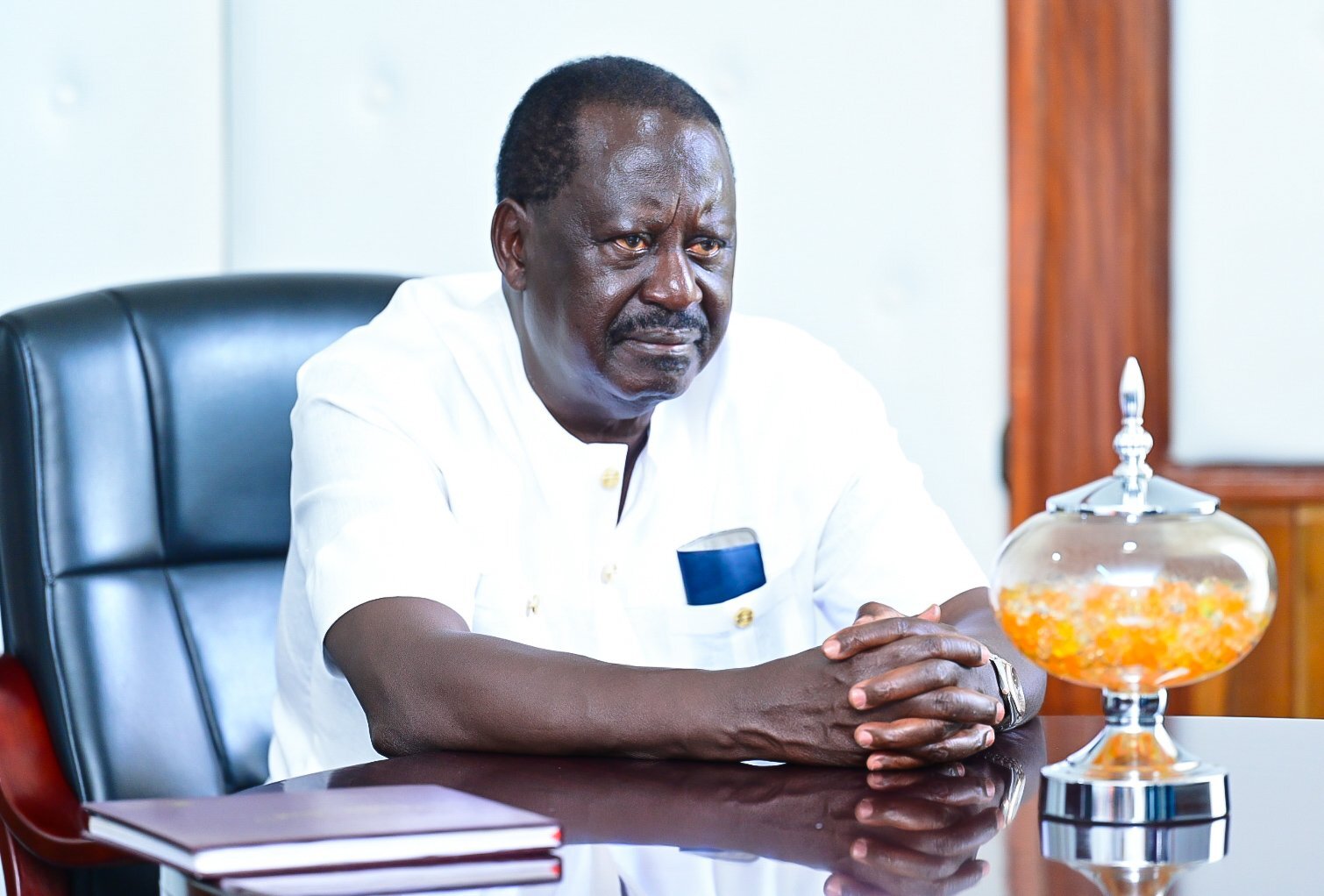ONSANDO: Lessons from Taiwan on how to successfully battle coronavirus pandemic
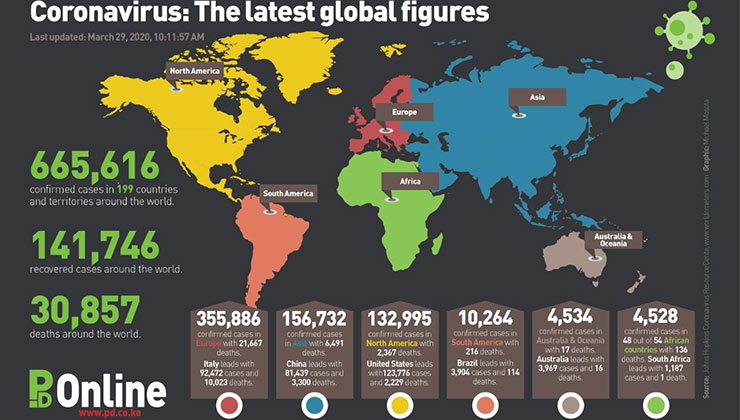
As of March 26, 2020, confirmed Covid-19 cases in Taiwan stood at 252. Out of these, 212 were imported and 40 were local infections. Nineteen of these cases have so far left quarantine with the death toll standing at two.
For a country so close to the epicenter of the virus, not forgetting its deep and close cultural ties with China, these numbers read and sound like a statistical anomaly.
So how has Taiwan been so impressively successful in managing the spread of the virus? The answer to this question is a highly complex, multi-pronged yet efficient intervention strategy that might very well serve as an example of how to manage similar outbreaks in the future. Fortunately, this strategy is, by many indications, replicable elsewhere.
At the core of Taiwan’s success lies comprehensive forward planning. In 2003, the outbreak of SARS hit the country hard. Because of geopolitical circumstances, the Taipei administration was left out of a coordinated, regional response to the spread of the virus. The isolation and lack of preparedness led to a death toll of 774 out of 8,096 confirmed cases.
Having learnt painful lessons then, Taiwan health authorities have left nothing to chance this time around. Testing was quickly streamlined, with a rapid and proactive approach to examine suspected cases. The preparation that began in 2003 and included constitutional mechanisms has allowed Taiwan to adopt a battle-like strategy against Covid-19, executed with military precision.
One of their strategic advantages has been the presence of medical experts in government (the vice president, vice president-elect, deputy prime minister and health minister) as well as a president and prime minister with critical experience gained during the SARS outbreak. This mix of technical expertise and experience at the highest level of government has proven valuable in navigating the country through these turbulent times.
As a democratic neighbour to the authoritarian regime in China, Taiwan understood better than most, the opacity in information flow from the epicenter of the virus. As such, they were able to implement swift and immediate actions, including comprehensive checking of inbound travellers from Hubei province as early as Dec 31, 2019. This amongst other actions bought Taiwan invaluable time to launch a more comprehensive mitigation plan.
On January 20, 2020, Taiwan activated the Central Epidemic Command Center. The centre coordinated and streamlined interventions by various ministries and departments, including the supply of crucial goods, managing the flow of information and managing local and international travel.
For example, through a legislative mechanism, the production of masks, hand sanitizers and similar products was quickly put under government control. Government, therefore, became the sole buyer and distributor of select products. This was useful in forestalling the kind of panic-buying witnessed elsewhere and ensuring every household had access to essential supplies. Presently, Taiwan has a surplus of products such as gloves, hand sanitizers and masks, greatly reducing the odds of communal transmission.
The information management front has been another key success factors for Taiwan. Through an app created by the Digital Ministry, there has been a steady flow of accurate information on from the relevant authorities, directly to the public. This has been key in improving public confidence and preparedness, as well as reducing the chances of accidental and communal spread of the virus. It has also rid the communication environment of dangerous misinformation.
Finally, the Taiwanese government was cognizant of the vulnerability of its economy to downturns in China, their biggest trade partner. As such, an early stimulus package was introduced to maintain confidence in the economy and stop it from grinding to a halt.
The examples I have highlighted are only some of many wide ranging mitigation measures. Today, because of the sum total of these measures, Taiwan stands out as one of the best examples of how to manage Covid-19 and its negative spin off impacts.
We can only hope that going forward, our leadership will study the Taiwanese case and use it to inform future healthcare planning.
